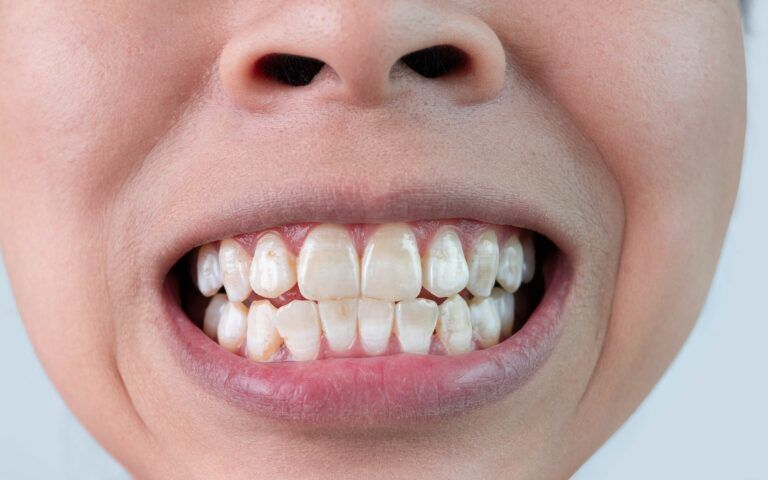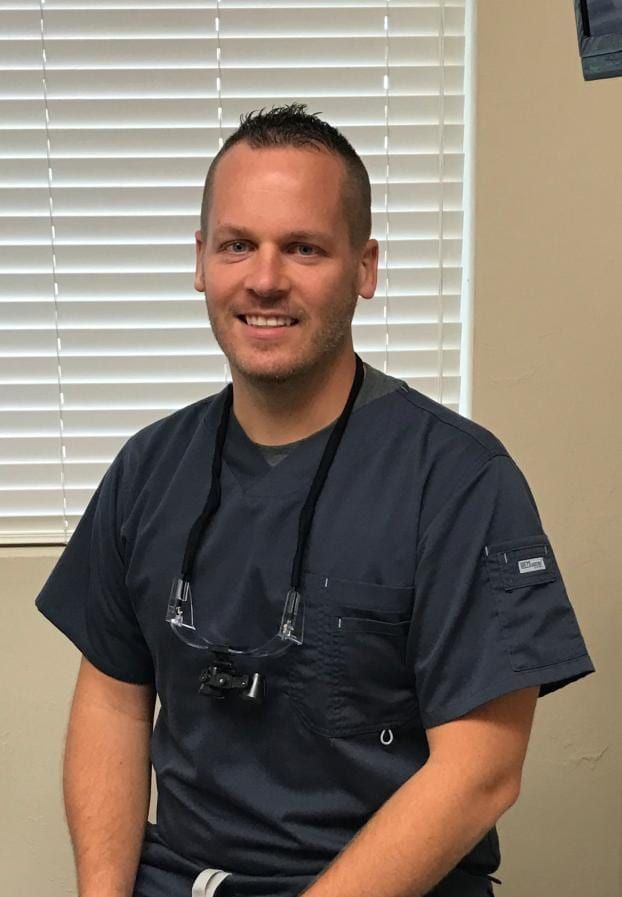We all know that childhood is an important developmental period. During this time, we are making emotional, physical, and mental advances that will impact us throughout the rest of our lives. Our mental and emotional development will aid us in our approach to the world. Our physical development can have an impact on our health as adults. One area of development that is essential is our dental health. Even though our primary teeth will pass as we get older, they play an important role here. They impact the development of our jaw, impacting our adult smiles’ appearance and health. This makes caring for them essential to our oral health throughout our lives.
Address Tooth Decay Before It Becomes Serious
To experience good oral health for our entire lives has to start with taking care of our teeth as children. This starts with a comprehensive oral hygiene routine that includes flossing, brushing, and using mouthwash. While these steps can help keep tooth decay at bay, it’s essential to know how to identify it in case it begins to appear.
The first step of tooth decay is the appearance of white blemishes on the surface of our teeth. These white blemishes indicate areas where the enamel has begun to soften. This softening results from demineralization and makes those areas vulnerable to the onset of decay. There are restorative steps we can take to help stop decay in its tracks. We must do it, as there is no way to restore lost enamel. When the only damage is white spot lesions, there are things we can do to address it.
- Fluoride Treatments – Fluoride can bond with our enamel, strengthening it significantly. When white spot lesions have appeared, this can help to remineralize these areas. While it won’t eliminate the presence of the lesions, it can restore strength and stability to our enamel.
- Dental Sealants – These thin plastic films are applied to the teeth. These layers help to prevent bacteria and acids from harming the enamel. These are traditionally applied to children’s teeth, but anyone can benefit from having dental sealants applied.
- Fluoride Supplements – For those living in areas without fluoridated water, such as those not on city water, supplements can help. They can be found in toothpaste, mouthwash, and certain foods. You can also take it in pill form with supplements prescribed by your dentist.
Even with these options, a consistent oral hygiene routine is the most effective tool in your toolkit. However, you must teach your children to brush their teeth properly. Visits to the dentist can help you identify problem areas and take steps to correct your children’s brushing habits.
Other Identifiers Of Oral Health Concerns
While tooth decay and white spot lesions are among the most common oral health concerns, gum disease is second. You can identify gum disease by looking for puffy, irritated gums. They’ll often be red and tend to bleed when brushed. Early in the development of gum disease, it can be fairly easy to correct. When it advances to periodontitis, there is a greater cause for concern. Consult your dentist for proper steps to take to manage it.


